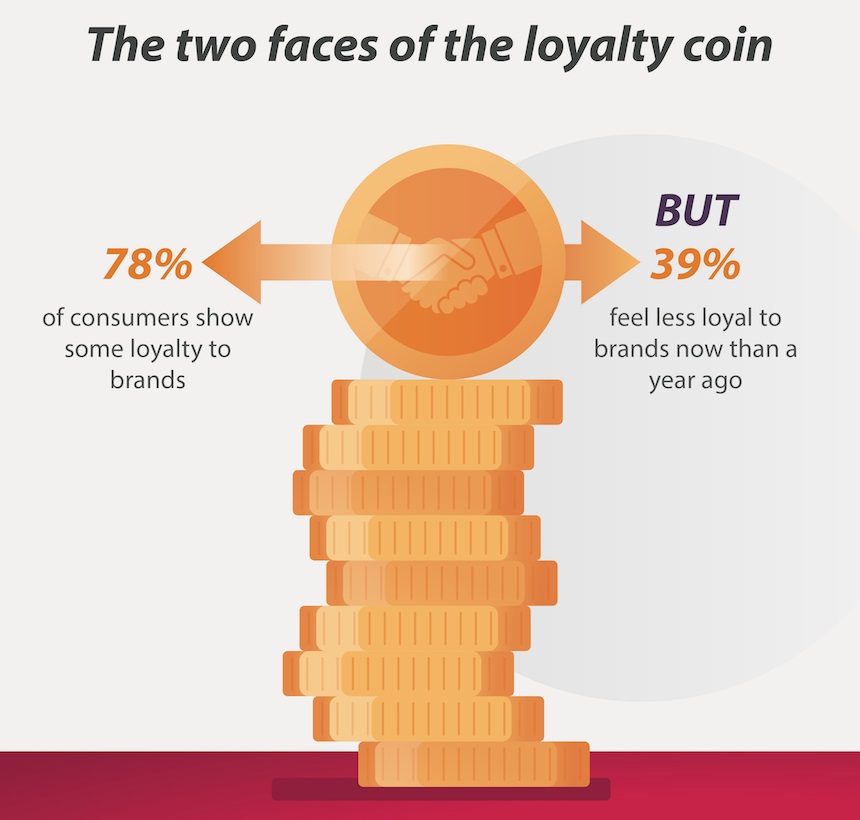Customer-centricity is the key to marketing's future
13 Dec 2018

The guiding principle of the DMA’s Code of practice has long been ‘Put your customer first’, calling for organisations to value them, understand their needs and offer them relevance. Many commentators in the marketing industry have also espoused this customer-centric point-of-view. However, according to new research from Marketing Week and MiQ, a surprising number of organisations are still not set up to deliver on the mantra.
The research highlights that 42% of marketers believe their organisation should be customer-centric – meaning structured around the customer – and this was the largest proportion by some way. However, just 6% of respondents actually believe they’re set up to deliver this in practice, with the majority describing themselves as product-centric or structured around marketing disciplines.

Somewhat more concerning is that marketers also rate themselves just 2.8 out of five for their ability to capture a single customer view. The research points to a flaw in the trend of simply installing a ‘Chief customer officer’ (CCO) – either in place of or addition to a CMO. This overlooks the fact that marketers should have always been ‘the voice of the customer’, but for organisations to truly serve that purpose, they must have the structure in place to enable it. No matter which C-level title is at its head.
Consumers don’t stand still, with their behaviours and preferences constantly evolving. They can even be contradictory in their beliefs sometimes, as highlighted in our ‘Customer Engagement 2018: How to win trust and loyalty 2018’ research (infographic also available here), which highlights the difference between consumers belief that they’re less loyal and how many show behaviours that belie that belief.
Ultimately, organisations must be structured to enable themselves to respond and adapt quickly to their customers. So having teams spread disparately and working disconnected from one another (or have different objectives) will make this impossible. Brands that succeed in being more customer-centric will be the ones that continue to grow in the coming years, delivering on what customers want today and earning their long-term trust in the future.
To read about Marketing Week’s research in more detail, click here.
Please login to comment.
Comments